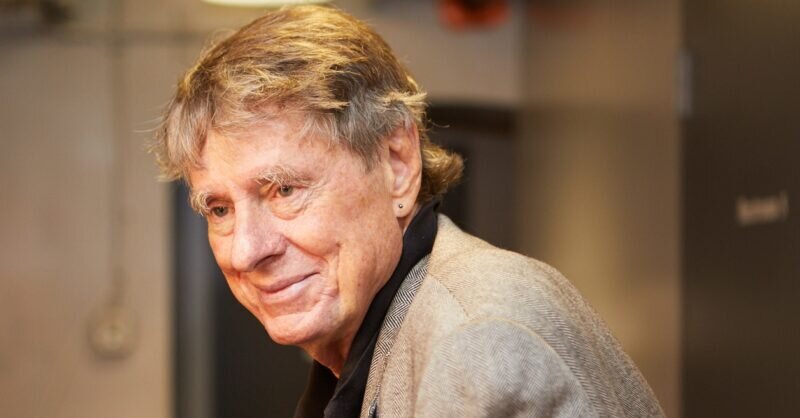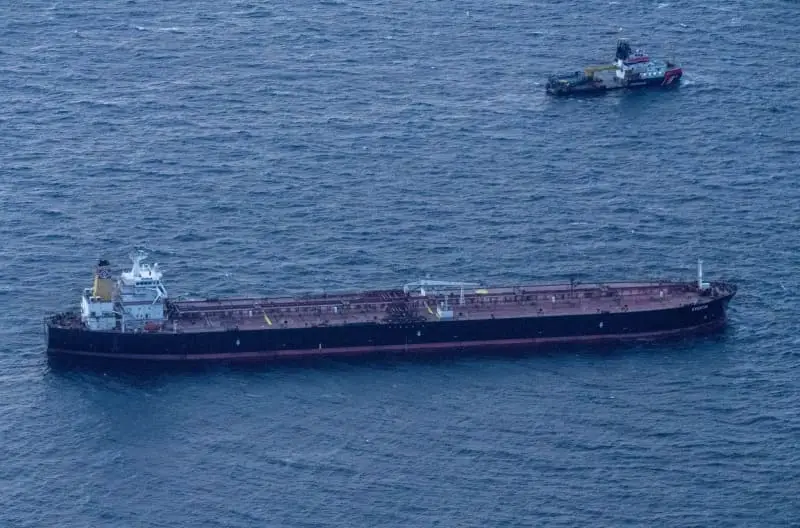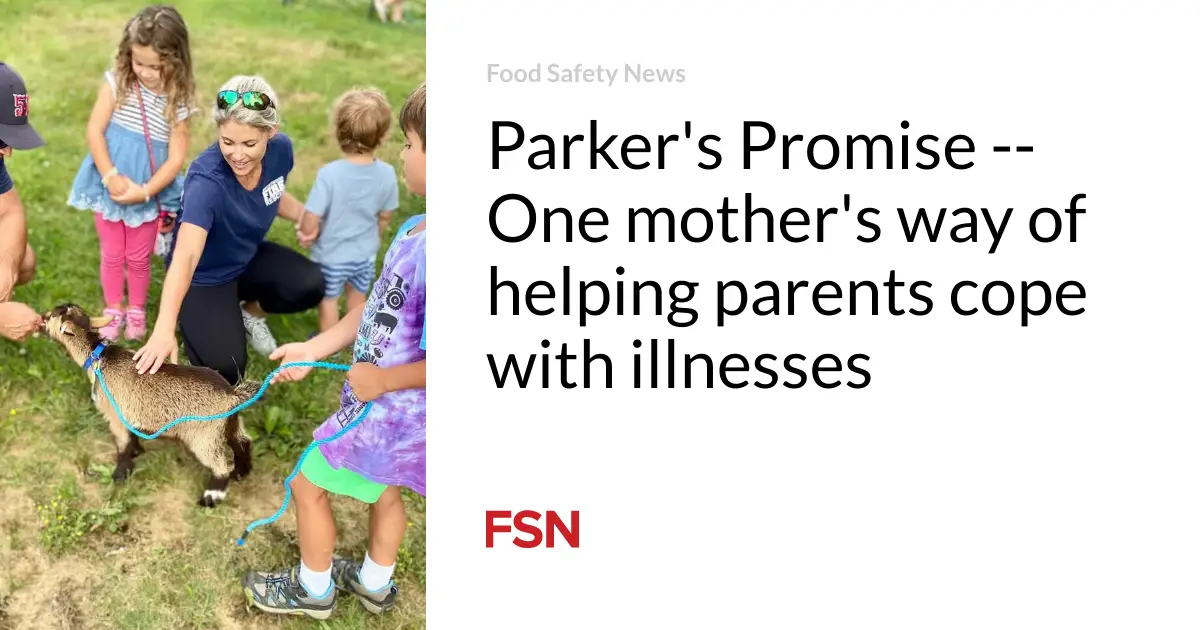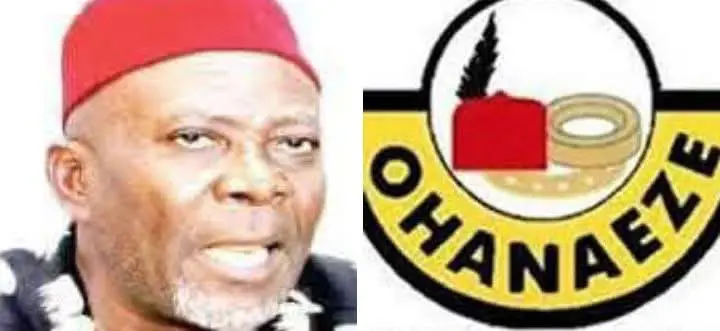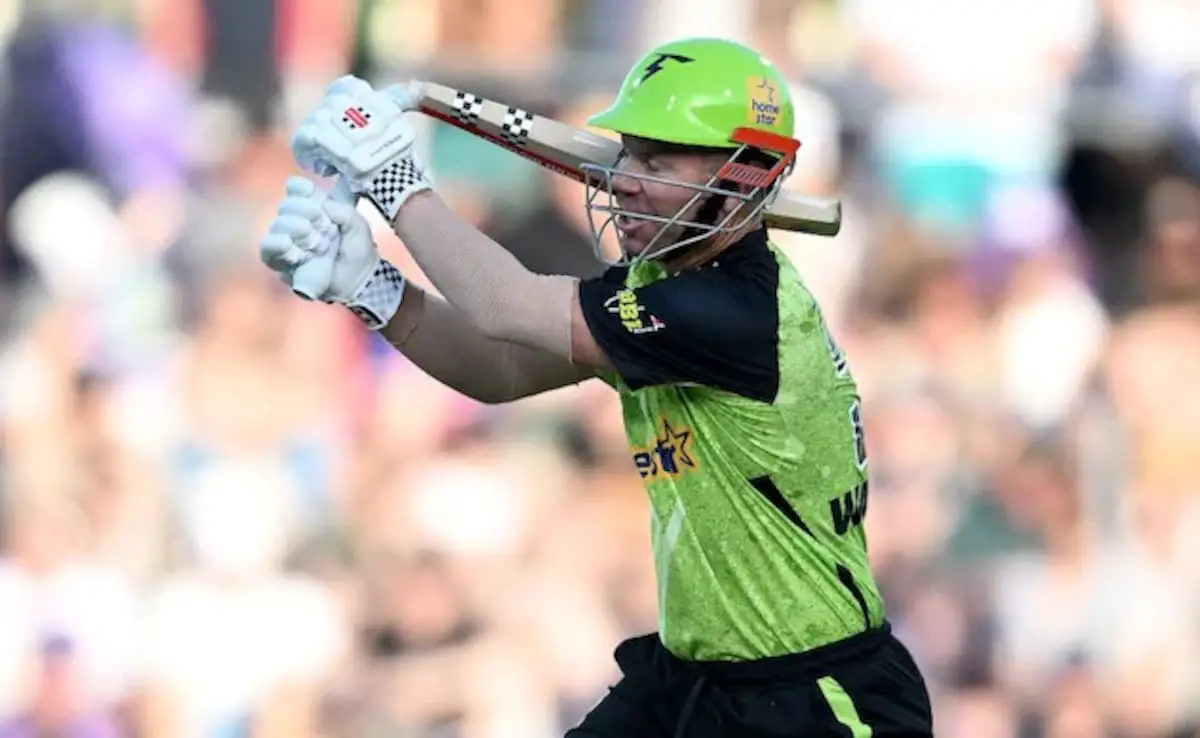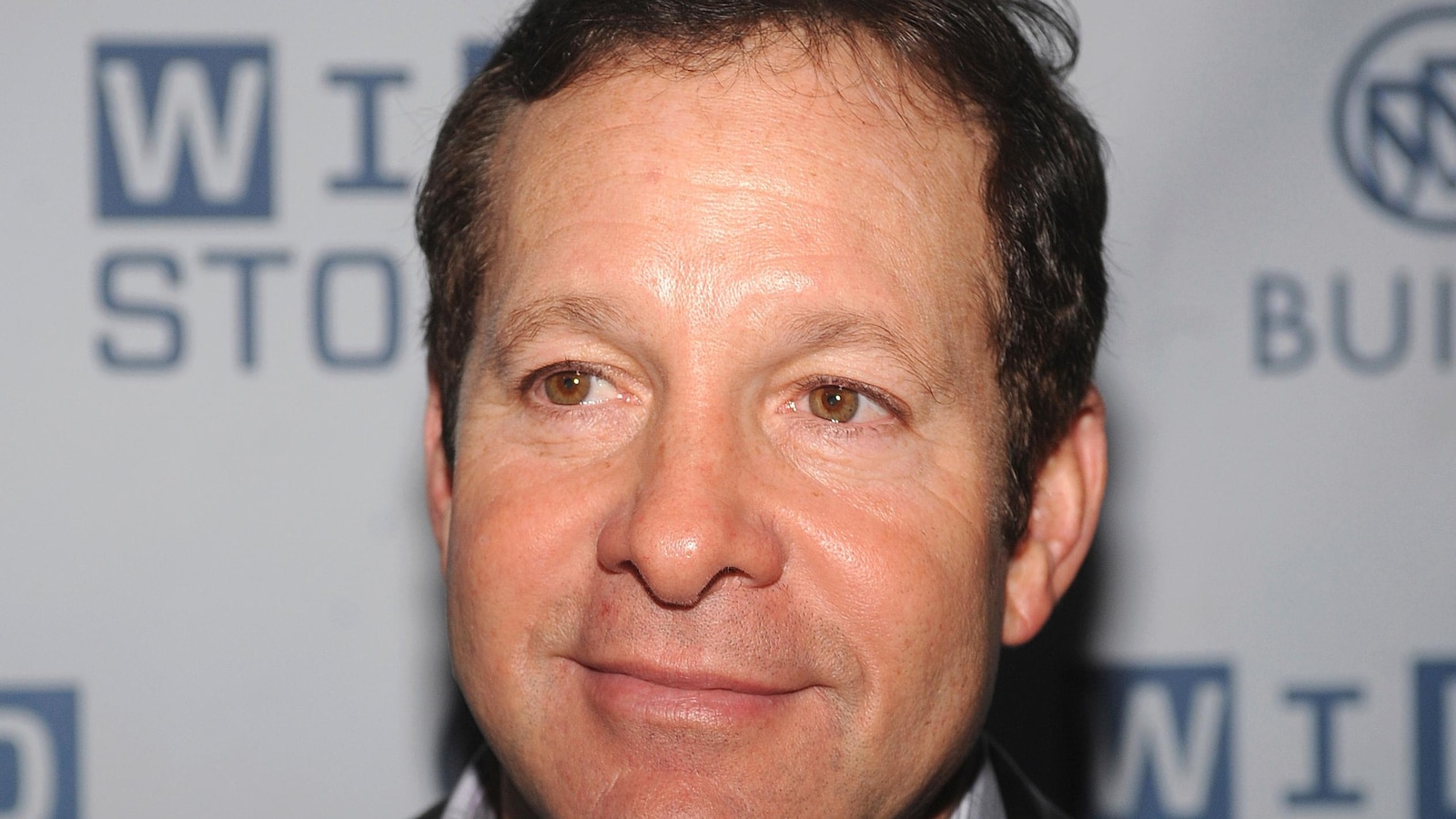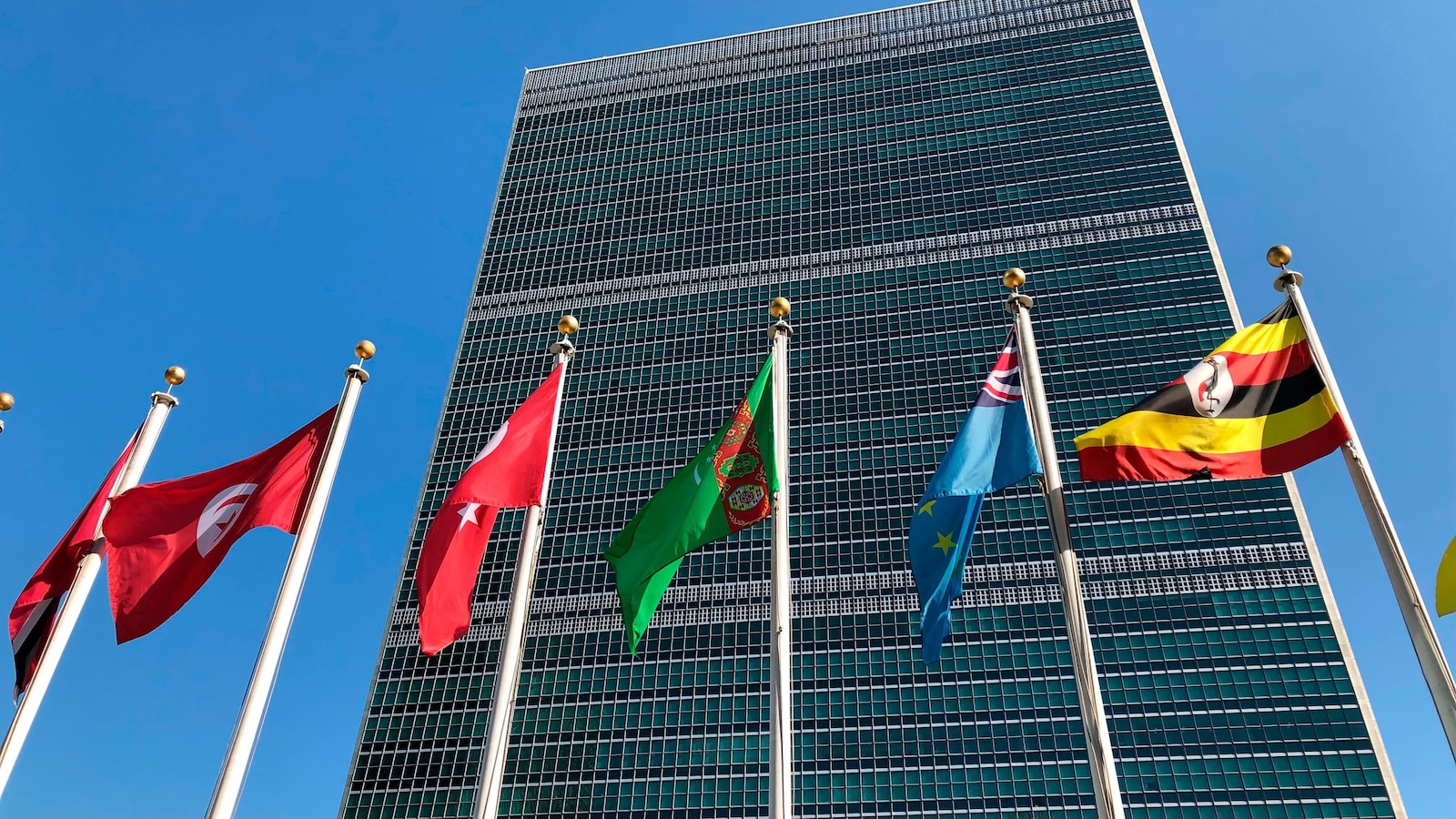
UNITED NATIONS — UNITED NATIONS (AP) — United Nations officials on Wednesday hailed limited pauses in the fighting between Israel and Hamas to allow children’s polio vaccinations as rare moments of hope in the nearly yearlong war in Gaza.
Top U.N. officials on peacebuilding and humanitarian affairs spoke at a meeting requested by Israel, which was backed by its allies, veto-holding permanent council members France, Great Britain and the United States. Israel’s ambassador on Wednesday focused on the hostages taken during Hamas’ Oct. 7 attacks on Israel that launched the war and the recent killing of six captives.
Algeria, which sits on the 15-member council until next year, also requested that the U.N. body meet to discuss the broader situation in the Palestinian territories.
Both Rosemary DiCarlo, U.N. undersecretary-general for political and peacebuilding affairs, and Edem Wosornu, director of the Operations and Advocacy Division at the U.N.’s Office for the Coordination of Humanitarian Affairs, spoke about the polio-inspired pauses in fighting as rare rays of hope, as did the representatives of France, Britain, the U.S. and other nations.
“It does not have to be this way. Indeed, over the past few days, there have been signs that humanitarian objectives can inspire positive steps,” Wosornu told the council.
“This vaccination campaign demonstrates that it is possible to allow humanitarian actors to act on the ground,” French Ambassador to the U.N. Nicolas de Rivière told the council. “That must become the rule.”
The U.N. World Health Organization says 187,000 children in Gaza have been vaccinated for polio, with an eventual goal of 640,000. WHO and its partners launched the campaign this week after Gaza recently reported its first polio case in 25 years — a 10-month-old boy, now paralyzed in a leg.
Israel has said the vaccination program will continue through Monday and last eight hours a day.
Health officials expressed alarm about diseases spreading in the besieged territory as the war has created a humanitarian catastrophe, with people crammed into squalid tent camps and dirty wastewater flowing through the streets.
Ambassador Samuel Zbogar of Slovenia, which is president of the Security Council for September, told reporters on Tuesday that there is “a rising anxiousness in the council” about the lack of a cease-fire and hostage release deal to halt the violence.
The Security Council approved a resolution in June endorsing a cease-fire plan aimed at ending the war, with Russia abstaining.
“It has to move, one way or the other,” Zbogar said about fulfilling the deal or finding other options.
The Oct. 7 Hamas attacks killed some 1,200 people, mostly civilians, and took about 250 people hostage. The Israeli military’s retaliation has killed over 40,000 Palestinians, according to Gaza’s Health Ministry, which does not distinguish between civilians and combatants in its count.


